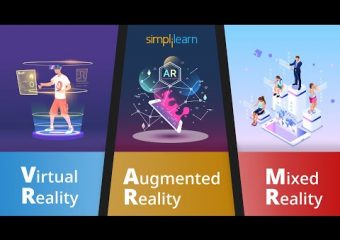+62 813-2263-1774[email protected]
Protected: VR, AR, MR, XR

About Course
Course Content
Chapter 01 : SAP, RPS, TM, TK
-
General Purpose
-
Tugas Kelompok (TK)
-
Satuan Acara Perkuliahan (SAP)
-
Rencana Pembelajaran Semester (RPS)
-
Tugas Mandiri (TM)
Chapter 02: Introduction of VR
Chapter 03: Software Engine to Create VR
Chapter 04: Introduction of Unity
Chapter 05: Introduction of Unreal
Chapter 06: 3D Model for Virtual Reality
Student Ratings & Reviews

No Review Yet
